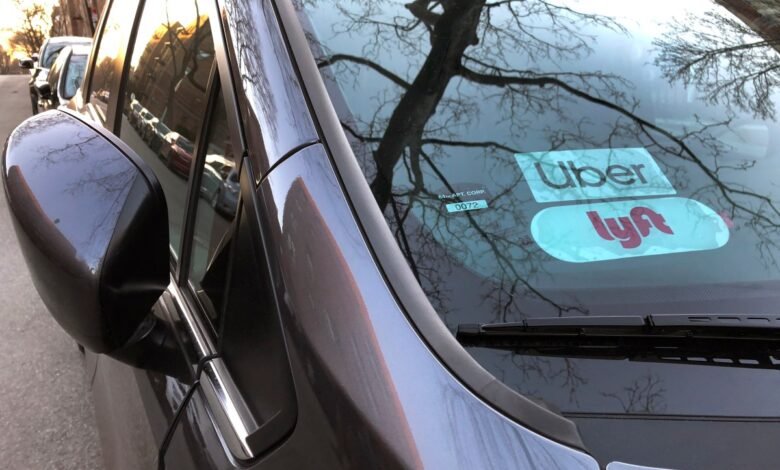California Uber, Lyft Drivers Win Right to Unionize

▼ Summary
– California Governor Gavin Newsom signed a bill granting ride-hailing drivers the right to unionize as independent contractors.
– This legislation is part of a broader agreement involving lawmakers, unions, and companies like Uber and Lyft.
– The deal also includes separate bills that lower insurance requirements for ride-hailing services.
– Over 800,000 drivers in California will be able to collectively bargain for improved pay and benefits.
– Massachusetts previously passed a similar measure allowing unionization rights for ride-hailing drivers last fall.
A landmark legislative agreement in California has granted hundreds of thousands of Uber and Lyft drivers the legal authority to unionize, fundamentally reshaping labor relations within the gig economy. Governor Gavin Newsom signed the pivotal bill into law, cementing a hard-won compromise between state legislators, labor unions, and the ride-hailing giants themselves. This development marks a significant step toward collective bargaining rights for app-based drivers who have long sought a stronger voice regarding their earnings and working conditions.
The new law emerged from a broader negotiated package that also includes separate legislation reducing insurance requirements for companies like Uber and Lyft. When the agreement was initially unveiled in August, Governor Newsom hailed it as an unprecedented achievement, one that reflects California’s unique capacity to broker deals between the workforce and corporate interests. The arrangement aims to balance the interests of all parties, providing companies with certain operational flexibilities while empowering drivers.
More than 800,000 drivers across the state are expected to gain the ability to join a union and negotiate collectively for improved pay, benefits, and other protections. Ramona Prieto, who leads public policy for Uber in California, characterized the two bills as a compromise that manages to lower costs for passengers while simultaneously amplifying the influence of drivers. This legislative action places California at the forefront of a growing national movement to extend traditional labor rights to workers in the gig economy.
California is not alone in this shift. Last autumn, voters in Massachusetts approved a ballot measure that similarly affords unionization rights to ride-hailing drivers, signaling a potential trend toward greater labor organization in this sector. These developments suggest a gradual but meaningful transformation in how platform-based workers advocate for their interests, potentially setting a precedent for other states to follow.
(Source: TechCrunch)





